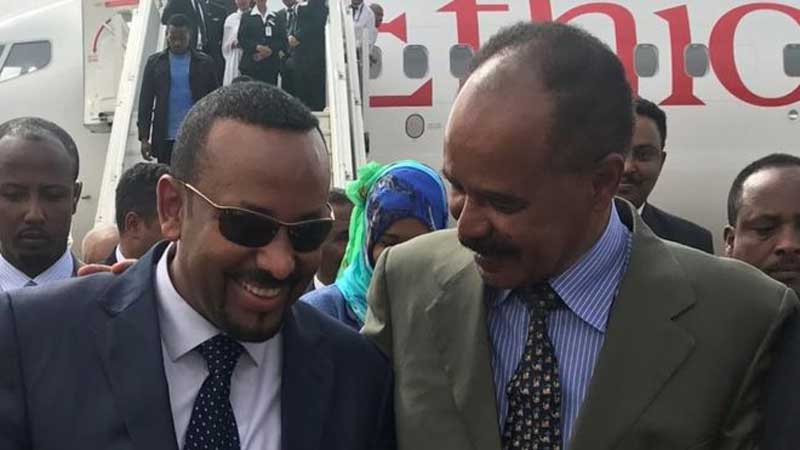
A wind of change is blowing across the horn of Africa region. With it comes hope for a people who, for many decades, have known nothing but war hatred for their neighbours. This hate has largely been instigated by leaders who have nothing to offer the people; leaders who thrive on driving wedges between communities if only to propagate plunder of national resources.
Even as the situation in South Sudan begins to stabilize with the impending return of Reik Machar to the national unity government after he was relieved of his Vice President post by President Salva Kiir in 2013, Ethiopia and Eritrea have also lately been mending fences. Our hope is that the new found desire for peace and working together will eventually find its way into the Central African Republic, the Democratic Republic of Congo and Burundi where ideological differences have consigned many to a life of misery from economic stagnation and civil wars.